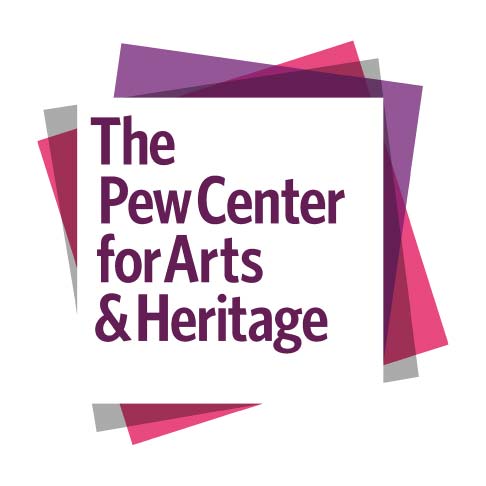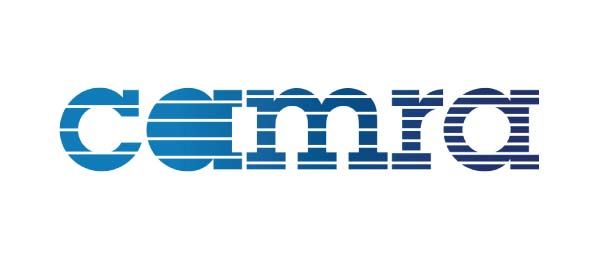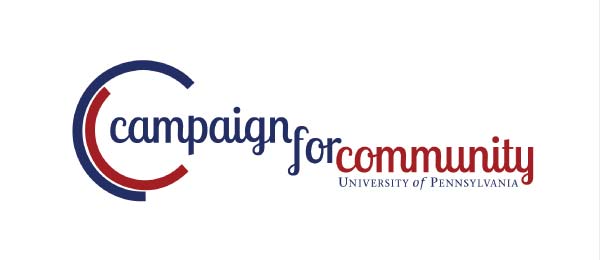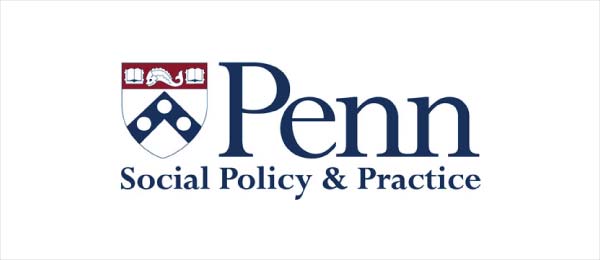The Course:
Science and Race:
History, Use, and Abuse
What is this thing called “race?”
Scientists agree that many common assumptions about race are wrong—yet the consequences of racism are very real. The Public Classroom @ Penn Museum: Science and Race: History, Use and Abuse introduces a range of topics that call attention to the complicated and, too often, destructive history of race:
CLASS 1. How did the concept of race originate and does it have any scientific validity?
CLASS 2. Does racial background have an effect on the health of individuals or communities?
CLASS 3. What do evolution, diversity, and genes have to do with race?
CLASS 4. Is ancestry connected with race?
CLASS 5. Is there a connection between patterns of violence and race?
LEARN MORE about the resources available on this website and how you, your family, school, or community can use them to examine beliefs about race, science, and justice; the origins of race theory; and why it matters today.
The Public Classroom brought together more than two dozen internationally recognized experts from diverse background for an in-depth and powerful exploration about race, science, and justice in a free series of classes geared to adults and young adults (14 and above). Each Science and Race class (detailed below) featured expert panel discussions led by moderators (including from public radio WHYY and African American talk radio WURD) and presented through the lenses of anthropology, biology, genetics, sociology, philosophy, and law. Students engaged in collection workshops featuring the Museum’s renowned Samuel Morton collection of more than 1,000 human crania collected from around the world in the 1800s. Additionally, reading materials and other online resources were provided, including materials and age-appropriate teaching tools for use with younger children.
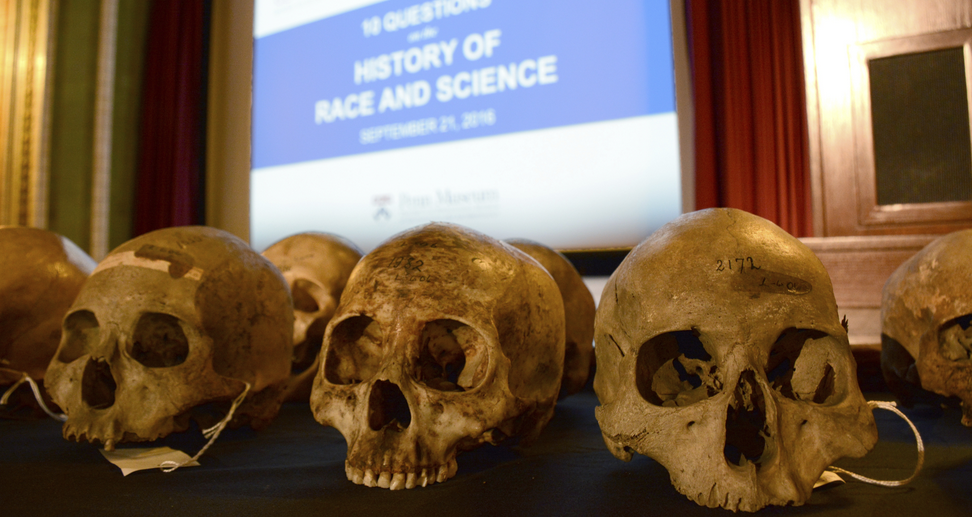
CLASS 1
Understanding the History of Science and Race
Race is a modern idea. Ancient societies did not segregate people according to physical differences. Some social scientists argue that race is a social construct without biological basis—that is rooted instead in the long history of racial inequalities.
Speakers include
CLASS 2
Biomedicine and Race
From molecules to pharmacogenetics, race has made its way into medical practice. Discussions surround how, or if, racial differences contribute to disease susceptibility within biomedical practice.
Speakers include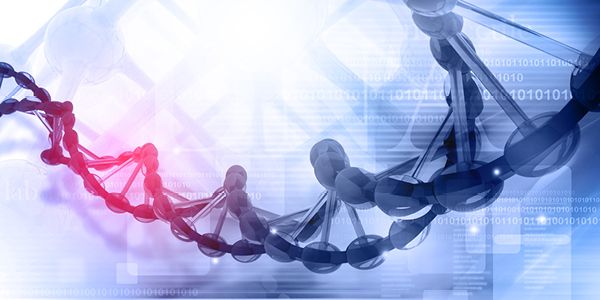
CLASS 3
Genetics and Race
Race has no genetic basis. Yet genes and race remain at the forefront of discussions of the origin of modern human diversity. This session explores how a person’s DNA contributes to their racial makeup.
Speakers include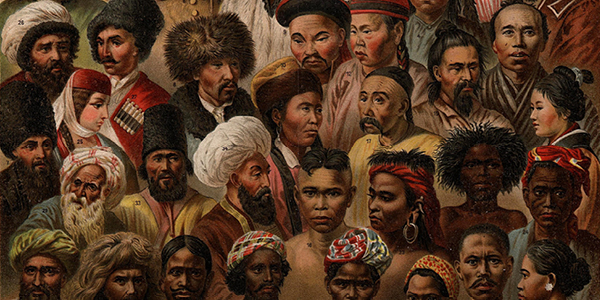
CLASS 4
Geography, Culture, and Race
Where some natural scientists posit that human population differences are geographically patterned and the product of evolutionary process, social scientists have emphasized the historical political, economic, and social relationships that form and transform cultural practices.
Speakers include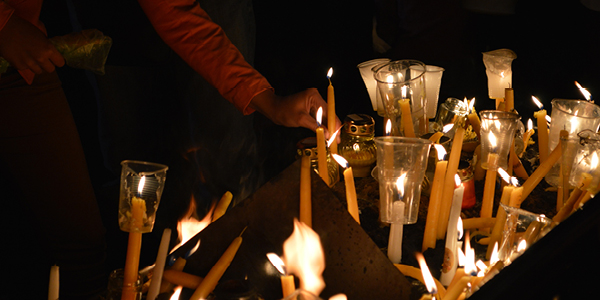
CLASS 5
Violence and Race
Race is not a scientific concept, yet racism is real—a powerful social idea that gives people differential access to opportunities and resources. In the United States, violence has been racialized, as seen in crime statistics and reinforced by news media.
Speakers include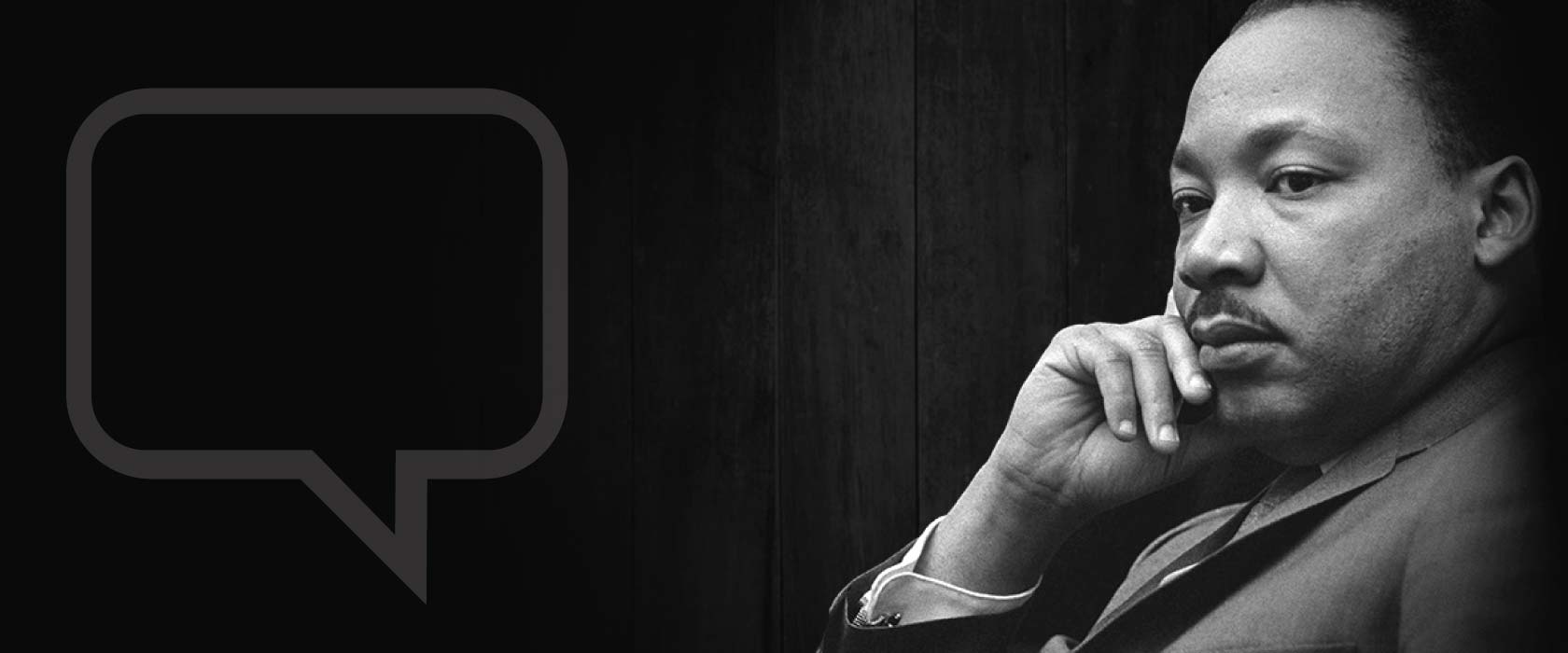
Our lives begin to end the day we become silent about things that matter.
Sponsors & Partners
The Public Classroom @ Penn Museum—Science and Race: History, Use, and Abuse is supported by the Pew Center for Arts & Heritage. Program partners include the Campaign for Community, the School for Social Policy and Practice, and Camra at the University of Pennsylvania; and local radio stations WHYY and WURD.
